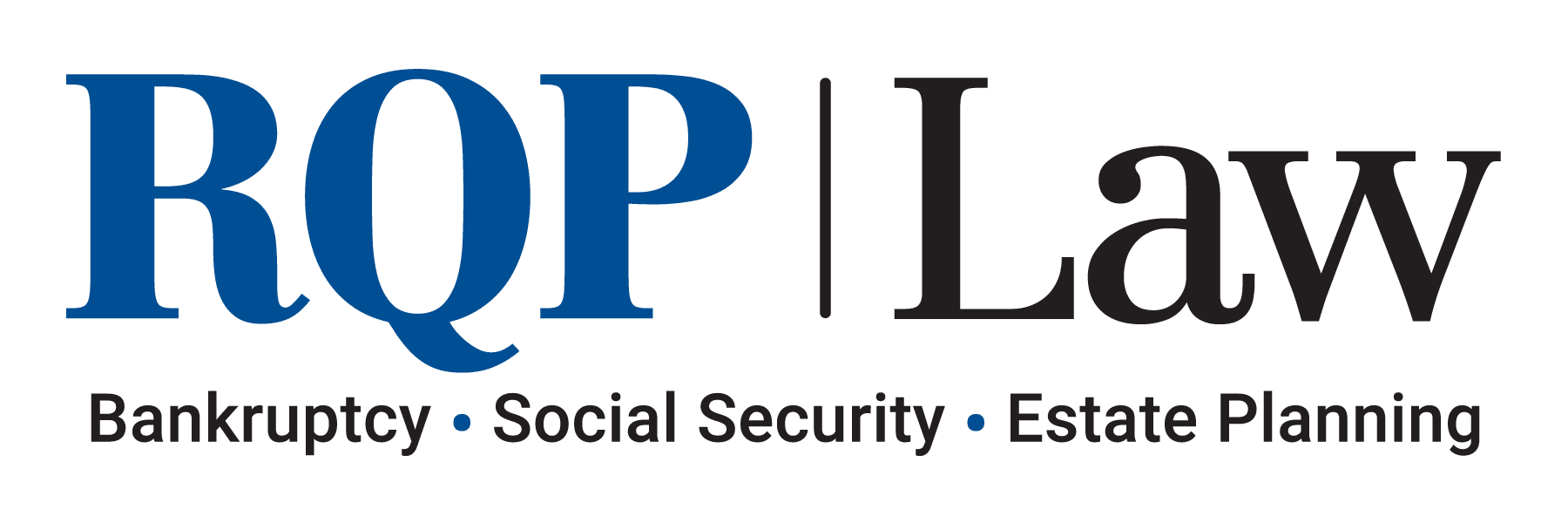It is very easy to find yourself with more debt than you can realistically handle. When this happens, debt collectors begin calling you and liens may even be put on your property. At this point, you have to do something. Overwhelming debt is not something that can simply be ignored. For most people, there are two options to consider, debt consolidation or chapter 13 bankruptcy. Both of these options have their pros and cons, and careful consideration should be given when choosing between the two. Let’s take a look at debt consolidation and chapter 13 bankruptcy to see which one, if either, is right for you.
Understanding Debt Consolidation
In simplified terms, debt consolidation basically turns all of your different debt into one debt. All of your debts are compiled and then paid off over time. This allows you to make one payment instead of multiple different ones. This one payment will usually be less of a financial burden than making separate payments to each creditor you owe. This process is usually done through a debt consolidation company. The company you use will enter into contracts on your behalf with each creditor and pays them a pro rata share of what you pay the agency every month until the debt is paid.
Understanding Chapter 13 Bankruptcy
Your other option is chapter 13 bankruptcy. You must apply for chapter 13 through the court system. You will provide all relevant financial and creditor info to them, as well as a payment plan. A trustee is appointed to oversee the entire process. If your plan is accepted by the court, you will begin making payments to the trustee, who will then distribute these payments to your creditors. The payment plan will be between 3-5 years. At the end of the payment plan, any remaining debt is discharged, meaning that you are no longer legally obligated to pay it and creditors cannot make attempts to collect it.
Key Differences Between Debt Consolidation and Chapter 13
While debt consolidation and chapter 13 bankruptcy may seem similar on the surface, there are actually very big differences between the two. These include:
- Debt consolidation is done through a debt consolidation company, not a government entity, while chapter 13 bankruptcy is done through the court system.
- Debt consolidation requires you to make payments until your debt is completely paid off, while chapter 13 bankruptcy only requires you to make payments until the end of your payment plan, usually 3-5 years. Any remaining debt is then discharged.
- Many Chapter 13 plans only pay very small sums of money back to creditors. It is not uncommon that creditors get only 1% and the other 99% of the debt is discharged.
- Interest still accrues under a debt consolidation plan, while it usually does not during chapter 13 bankruptcy.
- Debt consolidation often ends with issuance of 1099 cancelation of debt income (1099-C), which you pay tax on. Bankruptcy never involves 1099-Cs.
- Bankruptcy will require the use of a bankruptcy attorney, while debt consolidation does not.
As you can see, debt consolidation and chapter 13 bankruptcy are not at all the same. There are many factors you will have to consider before choosing which option you would like to use.
When to Choose Debt Consolidation
Debt consolidation should be chosen when you have a stable income and debts are manageable. Debt consolidation is more about making the payment process easier than it is about saving money. Additionally, debt consolidation should be chosen by those who are interested in protecting their credit score. As long as you make timely payments, debt consolidation will have no negative effects on your credit score, unlike chapter 13 bankruptcy. Debt consolidation also makes it harder to miss a payment, since there is only one to worry about. This further protects your credit score from damage due to missed payments. You may face tax debt at the end with the IRS.
When to Choose Chapter 13 Bankruptcy
Chapter 13 bankruptcy is for people who have no possible way of repaying all of their debt. If your debt is unmanageable, bankruptcy immediately stops all debt collection actions. This means that bankruptcy can provide a feeling of immediate relief even if the entire process will actually take a couple of years.
Alternative Debt Relief Options
Debt consolidation and chapter 13 bankruptcy are not the only two options when it comes to overwhelming debt. Some other options include:
- Chapter 7 Bankruptcy: Also called liquidation bankruptcy, chapter 7 involves selling all of your non-exempt assets and using the proceeds to pay creditors. Any remaining debt is then discharged.
- Debt Settlement: This is when you negotiate with creditors to pay off your debt for less than the original amount owed, often with the help of a debt settlement company. This can get rid of a debt and for a lesser amount than originally owed. This can be dangerous due to 1099-Cs and the ability for creditors to sue you during this process.
You should carefully consider all options when deciding how to deal with your debt. You may find that bankruptcy is your only option, or you may find that you just needed to make some changes to your budget.
Other helpful resources
Understanding Lis Pendens in Bankruptcy: Property Rights Explained
Bankruptcy is often used when a person’s debts have become so large that they cannot possibly pay them all. This means...
How to File a Motion to Reopen a Chapter 7 Bankruptcy Case
So, you need to reopen a Chapter 7 bankruptcy case. Luckily, you are able to do so. However, it is a complicated...


0 Comments